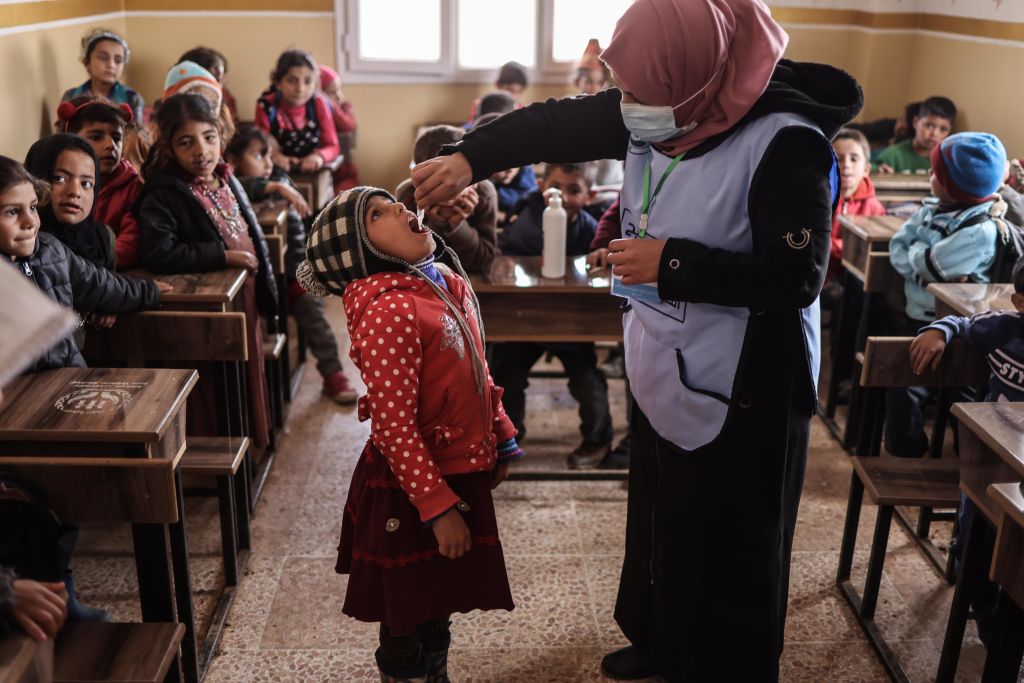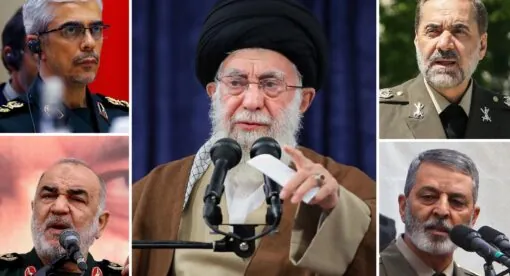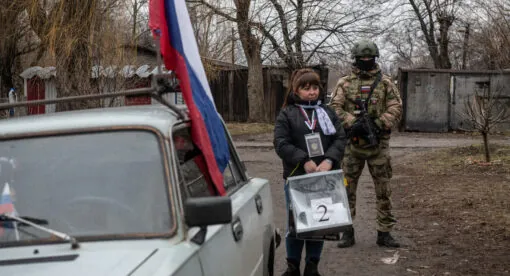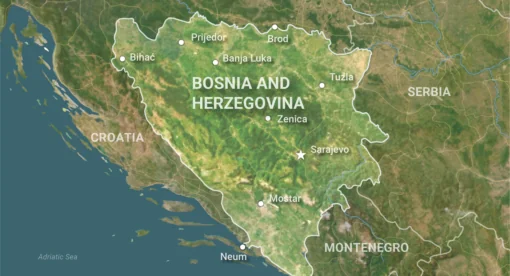Executive Summary
The gradual resumption of diplomatic relations between Arab governments and the Syrian regime has signaled a shift in regional geopolitical alignments, moving from a confrontational stance against Iran to a more reconciliatory position. By welcoming Syria back to the Arab League fold 12 years after its expulsion, governments have expressed interest in helping rebuild and stabilize a country long decimated by war. The discussion surrounding the impacts of normalization on Syria’s economy and politics has focused mainly on certain industries, such as the petroleum sector, glossing over the reconstruction of sectors such as health care that are perceived as less politicized. However, the centrality of health to domestic politics and legitimacy renders the management of key social services a strategic asset in the Syrian political landscape post-2011.
Rebuilding Syria’s public infrastructure, including its health infrastructure, is essential to improving the living conditions of Syrians and ensuring stable access to clean water, economic opportunities, and health care. Selective and politicized reconstruction of the country runs the risk of threatening the human and health security of Syrians in the long run, even while providing short-term relief. The risk that the regime of President Bashar al-Assad will continue to prioritize the health care needs of its supporters and sideline marginalized populations is significant, given the track record of sieges and imposed restrictions on vital aid.
Granting the power to rebuild Syria to one of the main actors responsible for its devastation carries concerning security implications. By disregarding the matter of detainees, neglecting the rights of refugees and internally displaced individuals, and failing to pursue accountability for war crimes and human rights violations, the normalization of relations with the Syrian regime erases the regime’s culpability for the destruction of the country’s infrastructure and prompts the establishment of an exclusionary infrastructure. As it grants the Assad regime more political leverage to manipulate reconstruction funds for its own political and economic advantage, normalization perpetuates existing security vulnerabilities and health inequalities within the country.
Key Takeaways
■ The normalization of ties with the Syrian regime poses a challenge to the international community’s efforts to find a political solution to the conflict by consolidating its control over the country and signaling that egregious human rights violations can go unpunished.
■ While normalization may lead to increased funding for the Syrian health care system, the regime’s track record of weaponization of health means that complete dependence on its willingness to provide or allow for the provision of health services would result in a health sector that heavily favors regime supporters.
■ The diversion of funds to finance further human rights abuses and the selective reconstruction of Syria’s health care system will fail to alleviate human suffering and increase chances for the spillover of infectious diseases.
Policy Recommendations
■ The U.S. government and its partners should maintain opposition to normalization and advocate instead for a space for more inclusive recovery in Syria to counter selective reconstruction efforts and the regime’s enrichment from aid.
■ The international community should maintain the focus on responding to Syrian health recovery needs through effective and transparent mechanisms operated by local organizations and NGOs.
■ The U.S. government and partnering governments and organizations should depoliticize current aid mechanisms by exploring legal alternatives to UNSC aid resolutions. This includes establishing aid pathways through which U.N. agencies can independently and transparently oversee procurement and distribution processes, the management of donor funding, and coordinating with different stakeholders to ensure equal and unconditional access to aid funds to all Syrians.







